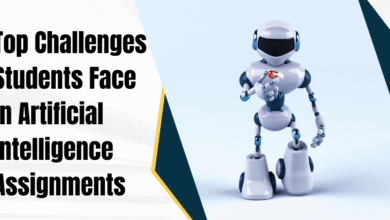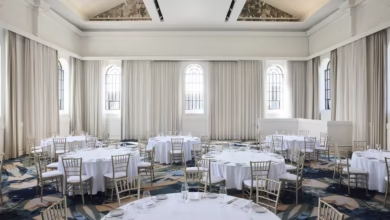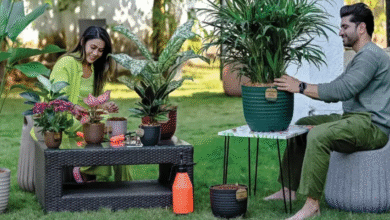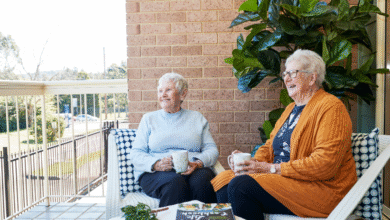Improve Resident Experience Using CRM in Elderly Housing

Making life easier and happier for seniors starts with smart tools, and that’s where CRM comes in! In elderly housing, using this system isn’t just about tech-it’s about connection.
From tracking wellness needs to personalizing daily services, CRM turns data into comfort and care. It helps staff stay organized and respond faster, making each resident feel truly seen.
The result? A smoother, warmer experience for everyone involved. Let’s explore the benefits of boosting resident experience using CRM in elderly housing!
Personalized Care and Attention
Having the right tools allows elderly housing to feel more like a home. CRM systems enable caregivers to track each resident’s:
- preferences
- routines
- health details
This means seniors receive care that truly fits their unique needs. Whether it’s remembering a favorite meal or scheduling regular check-ins, personalized attention builds trust and comfort.
Families also feel reassured knowing their loved ones are treated with dignity and care. By making every interaction more meaningful, CRM helps transform the resident experience-all while easing the load on staff.
Enhanced Communication
Good communication is the backbone of quality care. CRM tools streamline the sharing of information among staff, residents, and their families.
Updates about appointments, medication, or daily routines can be tracked and communicated in real time. This reduces confusion and ensures everyone stays informed.
When families receive timely updates, it boosts their confidence in the care being provided. For residents, it creates a sense of inclusion and understanding.
With CRM, keeping everyone in the loop becomes much easier and more efficient.
Streamlined Operations
Running a senior housing facility involves many moving parts. A senior living CRM system brings it all together in one easy platform. Staff can quickly:
- access important information
- monitor tasks
- reduce paperwork
This means more time spent with residents and less time behind a desk. Automation of repetitive tasks also reduces errors. With smoother workflows, the whole team can stay focused on what matters.
See also: The Evolution of Roofing Materials: From Shingles to Modern Metal
Better Community Engagement
CRM systems help track resident interests and participation, making it easier to plan engaging events and programs. From group activities to one-on-one visits, the system supports meaningful connections.
It can even manage feedback, helping staff adjust events to suit the preferences of the community. Families can also stay involved by receiving updates or invitations to join in.
This sense of connection reduces isolation and improves happiness. Plus, it builds a stronger sense of belonging and community among residents.
Data-Driven Decision Making
Smart decisions start with solid data. CRM systems gather and organize key details about resident care, satisfaction, and operations. Additionally, managers can:
- spot patterns
- address concerns early
- adjust services to meet evolving needs
For example, tracking fall risks or medication responses can lead to proactive care changes. It also helps with staffing decisions and resource planning.
Data insights ensure that every choice is backed by real information, not guesswork. This leads to better outcomes for residents and smoother operations for staff.
With data-driven thinking, senior housing communities can stay ahead and continually improve the quality of care.
Transforming Elderly Housing Through CRM
Transforming elderly housing with CRM means creating a place where care feels personal and life feels connected. From smoother operations to happier residents, the benefits are clear.
Ready to elevate your senior living experience? Explore how a CRM solution can make all the difference today!
Did you find this article helpful? Check out the rest of our blog now!




